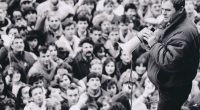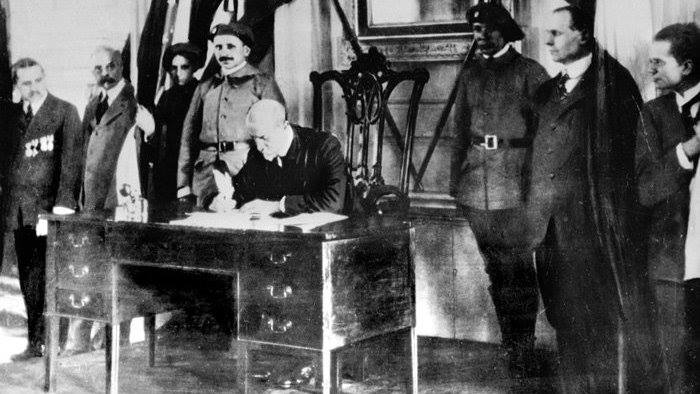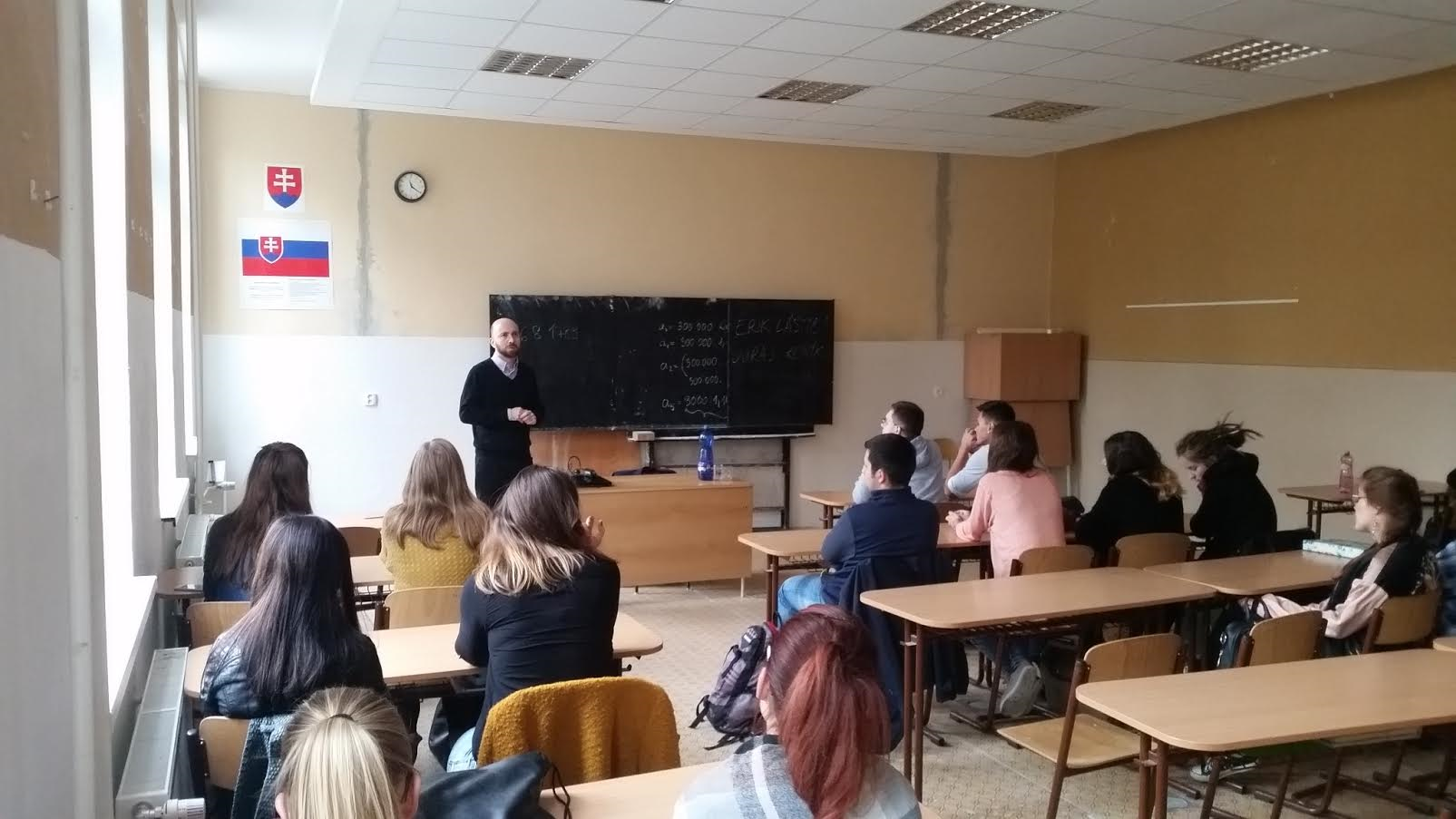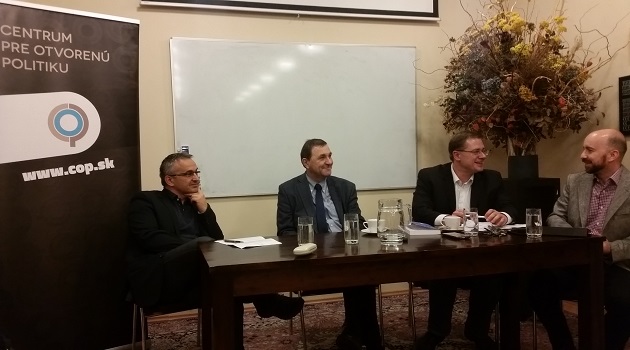Anne Applebaum: Mark Zuckerberg should spend $45 billion on undoing Facebook’s damage to democracies
Facebook chief executive Mark Zuckerberg has announced that he wants to give away $45 billion. I’m sure he needs some advice on how to spend it. Here’s mine: He should use it to undo the terrible damage done by Facebook and other forms of social media to democratic debate and civilized discussion all over the world.
Weak democracies are the most vulnerable to the curse of Facebook. I was recently at a gathering of experts who work in post-conflict countries, and all present agreed: Reconstructing a nation — any nation, whether Libya or East Timor — requires the establishment of a framework for national debate. If nothing else, leaders of the conflict have to agree about why the war ended, why they decided to stop fighting and what will happen next. Then they have to transmit that agreement to their followers. But if this is impossible — because “mainstream” media don’t exist, because Facebook offers conflicting versions of the truth, because no one trusts what they read — then peace is impossible, too.
Poor democracies are equally vulnerable. In countries — and there are more than you think — where reputable, fact-checked, independent media don’t function (because they’re too expensive, because the Internet destroyed the advertising market, because illiberal governments put pressure on the media), then the possibility of civilized conversation disappears, too. If different versions of the truth appear in different online versions; if no one can agree upon what actually happened yesterday; if fake, manipulated or mendacious news websites are backed up by mobs of Internet trolls; then conspiracy theories, whether of the far left or far right, will soon have the same weight as reality. Politicians who lie will be backed by a claque of supporters.
Rich democracies haven’t realized that this is also fast becoming their problem. Whenever I’ve described the disappearance of facts and the growth of Internet fantasy while in London or Washington, the response has usually been rather smug: How very terrible for all of those people in Tunisia or Slovakia, but “it couldn’t happen here.” But it can and it has: Donald Trump claimed that “thousands” of Muslims in New Jersey cheered the collapse of the World Trade Center, and thousands of real commenters and bloggers rushed to his defense on Facebook and elsewhere. Never mind that it didn’t happen: It is now possible to live in a virtual reality where Trump’s lies are acclaimed as the hidden truth that the mainstream media have concealed from the masses.
Those who don’t live in Trump’s world can find alternatives, of course. Ali Amin, a Virginia teenager, was so entranced by the world of online jihad that he became “absorbed in a ‘virtual’ struggle while disconnecting from what was real.” He wound up with an 11-year prison sentence for providing material support to a terrorist group. Nor is that kind of experience reserved for jihadis. Anyone who spends any time in the many alternative worlds that can be accessed via Twitter or Facebook can encounter similarly false information, in many forms and in many languages, every day. Just follow the right Twitter accounts, and you’ll get links to the fake websites and dubious organizations that produce invented statistics. You’ll find friends who believe in the invented statistics, too. If you so desire, you can then go on to live in a bubble entirely divorced from any reality except one created by far-right bloggers, left-wing anarchists or Kremlin spin doctors, all of whom excel at developing this kind of alternate reality.
Many of those who do the inventing have particular political goals, such as the election of Trump, or the recruitment of Islamic State volunteers. But the longer-term impact of disinformation is even more profound: It creates cynicism and apathy. Eventually it means that nobody believes anything. People aren’t bothered by Trump’s lies — or Vladimir Putin’s lies, or the Islamic State’s lies — because they don’t believe anything they read anyway. There’s so much garbage information out there, it’s impossible to know what is true.
Nobody yet knows what to do about this sea change, because few people have even accepted that it is happening or understand how it works. There’s a wide-open space for Zuckerberg to help journalists, academics, activists and politicians figure out how to bring reality back into public debate. Maybe we need to study “media literacy” in schools; maybe we need independent “accuracy indexes” to rate websites; maybe we need to work on understanding the psychology of conspiracy theorists. We don’t know yet what works, but it’s time we started trying to figure it out. And that is a $45 billion question.
(The Washington Post 10. 12. 2015)







